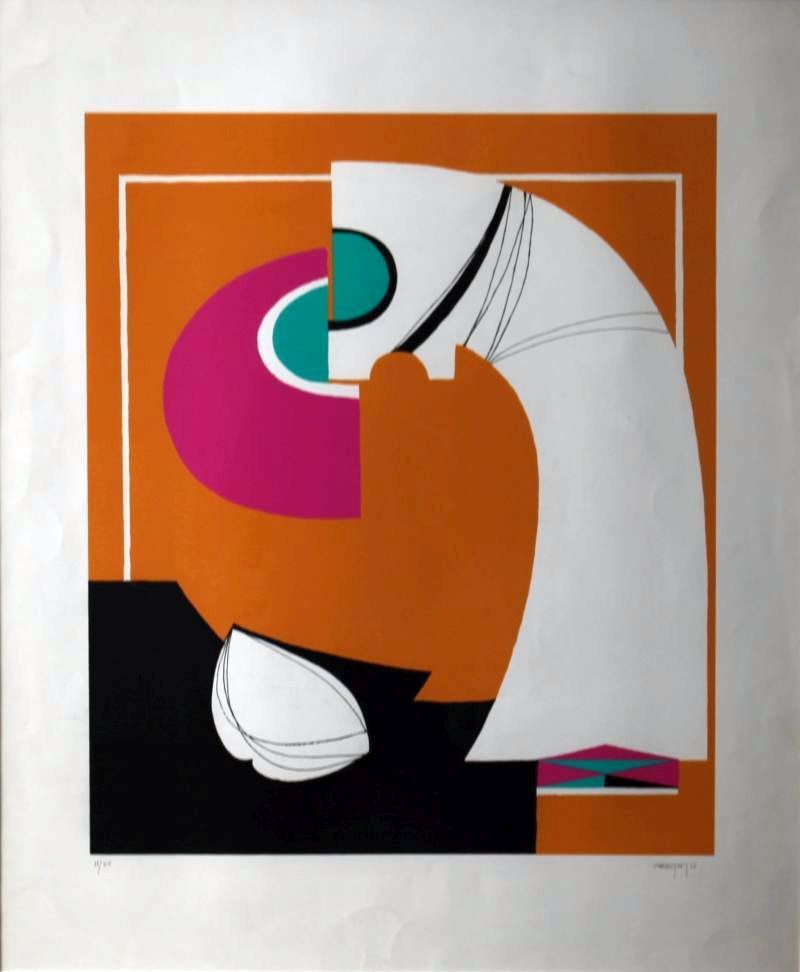Two Men and a Truck are here to haul our
piano away to a nice woman’s
house, who’s agreed to move it to own
it, so her children can learn to play. An hour
early, two men in the truck pass a pipe
while on my open porch I read
the sports page. I see ribbons of smoke peel
from the open truck window. The ripe
All posts tagged: Issue 21
The Good Donkey
I am not pleased. Paint is dripping down my hoof and the colors are muddled together. I shouldn’t complain. I agreed to it, of course.
Hafiz is putting together a zoo. And he asked me to be the zebra.
“You’re a very good donkey, habibi,” he told me three days ago, “but the border is closed, and everyone says prices for using the smuggling tunnels have gone up. I can’t afford the zebra in Damascus, and the one in Cairo is twice that price.” He gestured wildly, scattering my oats. What a waste.
I don’t know much about borders, but I would do anything for Hafiz. He is more than a father to me.
Instructions for the Endgame
To see the unseeable, measure
its shadow. It takes eight telescopes
on six mountains and
four continents
ten days.
Strength
I’d started a strength training class ($25 a pop)
after my mom’s hands no longer worked, after her arms
hung weak by her sides and she didn’t have the power
to pull up her pants. For two years I’d thought
nigrescence
She is on her knees in the garden. The sun, as of yesterday, an hour early. There are no dead snails in the saucers of beer, though she has finally seen the pale-yellow cabbage butterfly. Searching the half-eaten mustards and turnips, she looks for the caterpillars and their eggs as if she were inspecting a child for lice. Extracts the first, hiding along the stem of the most mature start. Studying its curl on her finger for a breath, perhaps peering its translucence to judge it female, before she presses. Leaf by leaf plant by plant until her fingertips are dirty with the mess.
Annunciation
I wonder if anyone ever asked Mary
if she wanted a baby? If she was fine
with skipping the sex and going straight
Home
Kimberley didn’t know that her estranged father, Mr. H, cloth magnate, up-and-coming politician, had been shot. While he was in Trinidad, sliding from the leather backseat to become a heap on the floor of his car, she was still in self-imposed exile in Barbados, her tongue traveling down the ripples of her “roommate” Rachel’s sculpted stomach.
Sun Through Snow
Turner could have done no better,
nor did he, articulating the light
made now radiant, prismatic:
unit_20, as a unit of energy
then, the bottom fell out. until then, your black ass better treat every cop with suspicion. even then, the narrative arc is an aporetic irruption between disequilibrium, and equilibrium-restored. then comes marriage. right then and there, she met her in her peculiar of places with a shudder inducing tenderness. well then, what have we here? how then does one make legible the sexual violation of the enslaved when that which would constitute evidence of intentionality, and thus evidence of the crime—the state of consent or willingness of the assailed—opens up a pandora’s box in which the subject formation and object constitution of the enslaved female are no less ponderous than the crime itself or when the legal definition of the enslaved negates the very idea of “reasonable resistance”?[1] and then, it was over? if this is how it’s gonna be, then get me a napkin and the hot sauce out my purse. by then, you wouldn’t recognize or feel comfortable in your own neighborhood anymore. then, why you got all of us out here face down on the pavement with our hands cuffed behind our backs? then, of course, the explanation had to be fished out from the bottom of the tallahatchie. so then, you best get to crackin’. then, at least you wouldn’t be caught off guard when you didn’t get equal treatment. whatever then, as even a surprise to herself, she ordered his accountant to write the gay bard a cheque for two hundred and fifty thousand euros. then, what?
Selections from Morocco
Courtesy of the Hindiyeh Museum of Art

MOHAMMAD AL QASEMI, UNTITLED
SILKSCREEN ON PAPEAR (60 x 80 cm)










